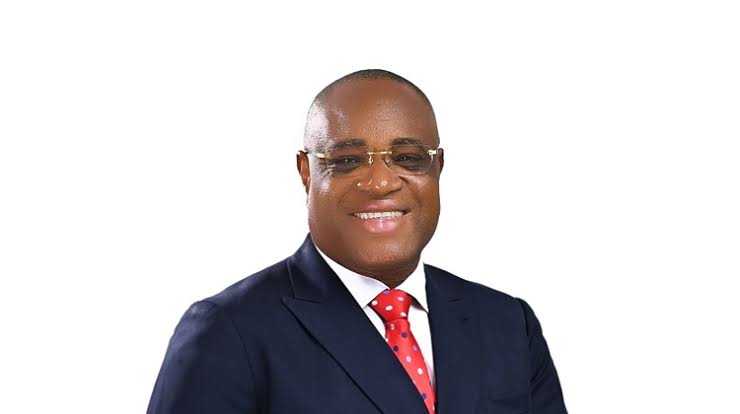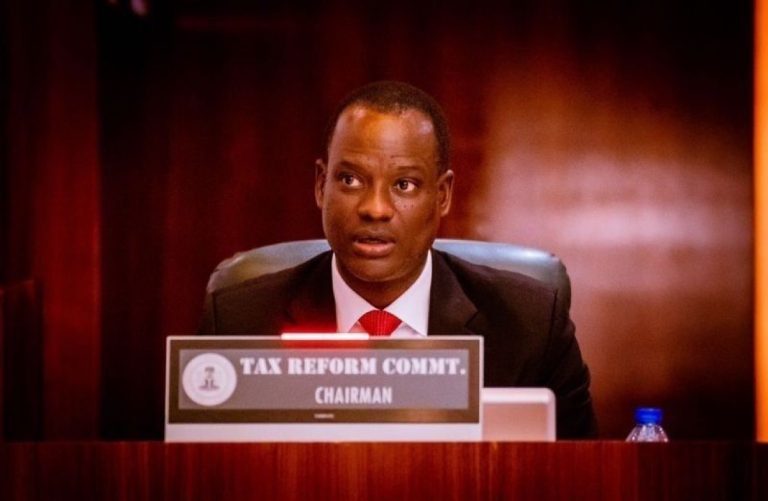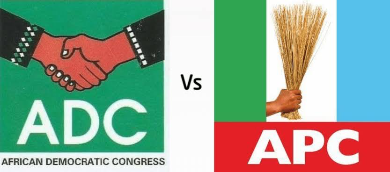
The CEO of Rainoil Limited, Gabriel Ogbechie, has claimed that the federal government resumed the payment of the controversial fuel subsidy following the devaluation of the Naira in the foreign exchange market.
Ogbechie made this statement on Tuesday during the Stanbic IBTC Energy and Infrastructure Breakfast Session held in Lagos.
He pointed out that with Nigeria’s daily fuel usage at 40 million liters and the foreign exchange rate at N1,300, the government’s subsidy per liter of fuel falls between N400 and N500, culminating in a monthly total of approximately N600 billion.
He said; “When Mr. President came in May last year, one of the things he said was that Subsidy is gone. And truly, the subsidy was gone, because immediately the price of fuel moved from 200 to 500 per liter. At that point truly, subsidy was gone.
“During that period, Dollar was exchanging for N460, but a few weeks later, the government devalued the exchange rate.
And Dollar moved to about N750. At that point, subsidy was beginning to come back.
“The moment the two markets officially closed, officially the market went to about N1,300. At that point, that conversation was out of the window.
Subsidy was fully back on petrol. If you want to know where petrol should be, just look at where diesel is. Diesel is about N1,300 and petrol is still selling for N600.
Furthermore, he said that NNPC being the only petrol importer in the country implies that there is an ongoing subsidy, as prices had to be fixed.
Earlier yesterday, the former governor of Kaduna State, Nasir El Rufai, said the federal government is spending more on petrol subsidy than before.
In addition, the Special Adviser to the President on Energy, Mrs. Olu Verheijen, said that the Federal Government reserves the right to pay fuel subsidy intermittently to cushion hardship in the country.
“The subsidy was removed on May 29.
However, the government has the prerogative to maintain price stability to address social unrest. They reserve the right to intervene.
“If the government feels that it cannot continue to allow prices to fluctuate due to high inflation and exchange rates, the government reserves the right to intervene intermittently and that does not negate the fact that subsidy has been removed,” she said.





